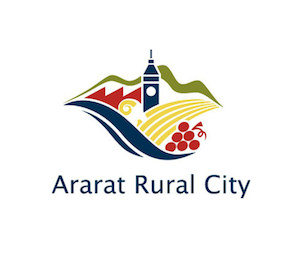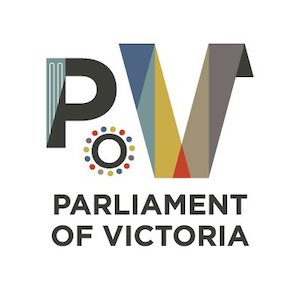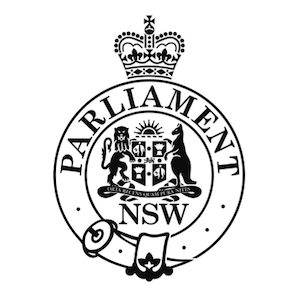Local councils are uniquely placed to engage deliberatively with their community. They make complex trade-off decisions that need to be tailored to local needs. Traditionally, this level of engagement has been too difficult for small councils, and so surveys and self-selected groups are default options. These are both too easy to ignore and provide the wrong kind of answers. A representative and deliberative engagement is much more difficult to set aside because of the way it involves the community in actively making the informed decision for council.
This is pertinent as the current Victorian Local Government Act review has proposed (among other significant reforms) changes to improve the transparency, responsiveness and collaborative capacity of councils. Specifically, it has suggested that deliberative community engagement will be included in the new Act, requiring Councillors to participate in deliberative processes with the method to be determined by each council.
The method is indicative of a desire to engage with the community thoroughly; to go deeper in talking about who and what should be contributed over the coming budgetary period (and into the future) and having those hard conversations about priorities, growth, development and capacity to pay. Many small, regional and rural councils must do this within limited means and find a way to genuinely build a role for residents as a complementary voice and input in making public decisions.
With this in mind, newDemocracy has designed this model to apply deliberative principles to a process that works in a regional and rural location in a time and cost sensitive manner. Approximately 30-50 randomly selected residents who, armed with time and free access to information and clear authority to make recommendations will answer the question posed to them by their Council.
It is important to note that Council will be undertaking this process in an environment where deliberative processes are gaining widespread recognition for their effectiveness and are expected to be a legislative requirement when the Victorian Government’s review of the Local Government Act is completed in 2018. Successful implementation of this process design – as a pilot project for others to replicate – will place a council among the leaders in the state, and undoubtedly assist other councils and Local Government Victoria as they seek to implement the new act.
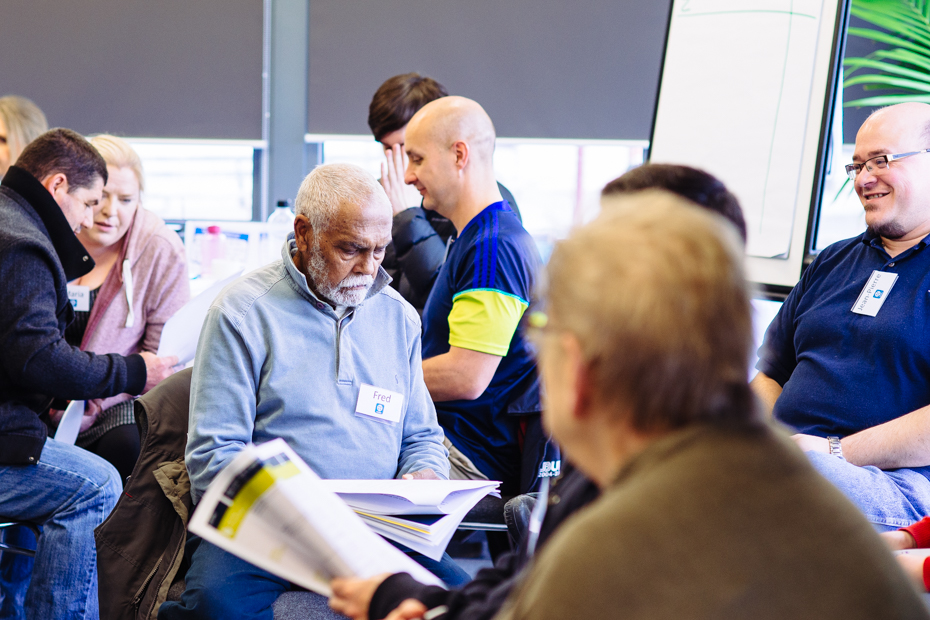 |
 |
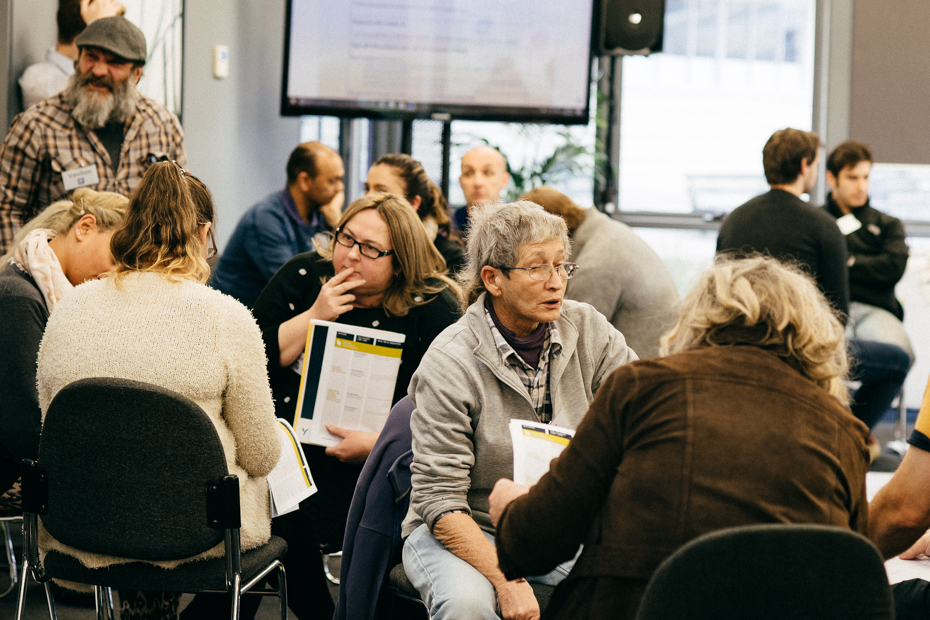 |

